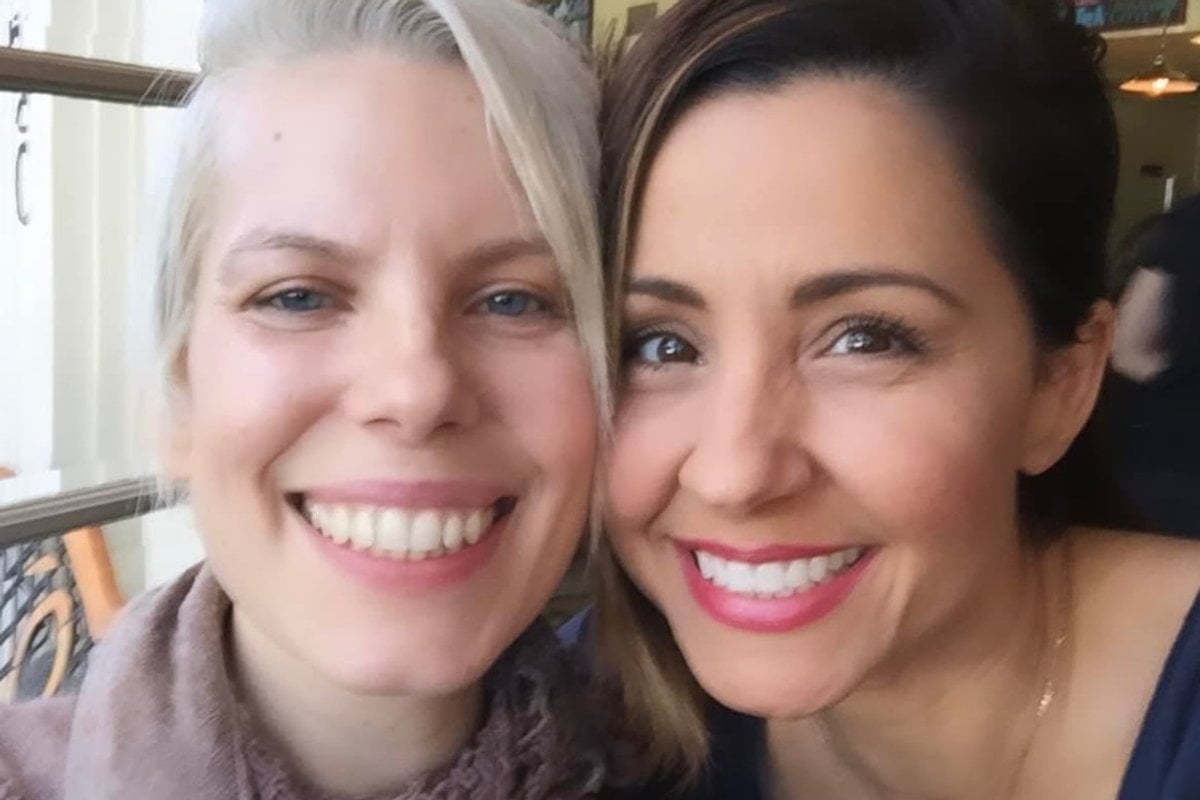
My best friend Molly died from Stage 4 breast cancer in 2019. We made a podcast about her end-of-life journey, Dying For Sex, where listeners were allowed full access into Molly's most personal thoughts, emotions and spiritual evolution over her final months (intertwined with a bunch of stories about the dozens of guys she dated after her diagnosis... spoiler alert: that's the "sex" part!)
Watch: Nikki Boyer talks about her best friend Molly and their podcast, Dying For Sex. Post continues after video.
Sadly, Molly wasn't the first person close to me who has died, but her death changed me in a way the others didn't. Since her passing, I've talked about death more than I could ever imagine.
Molly allowed me to be completely present and connected to her during a process that was both beautiful and tragic. What a gift. Being so open and vulnerable together as her time slipped by allowed our friendship to deepen to a whole new level.
I miss her like crazy, but after she died, I felt a spiritual closeness with her I had never felt before with anyone. Like really close. I mean, before she died, she would tease that she was going to haunt me. And I warned her, "No poltergeist crap!" She's listened, mostly. One time about a year ago, she appeared in my bedroom in the middle of the night. I scolded her out loud and haven't had a visit since. Fingers crossed.


